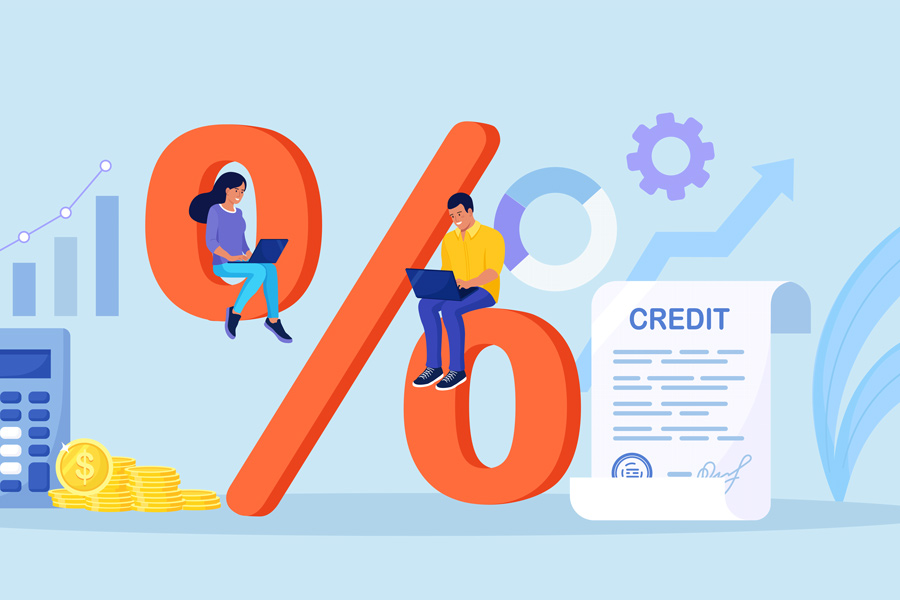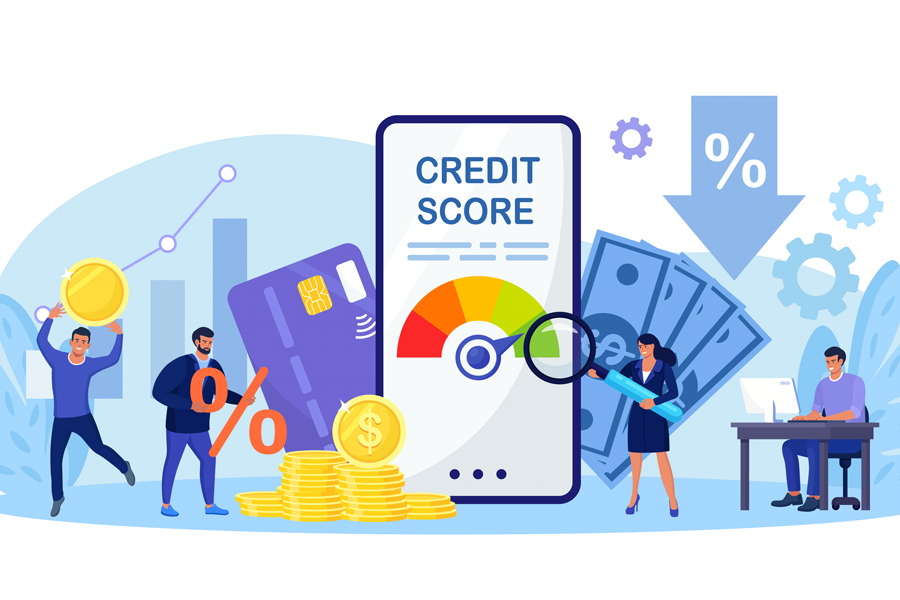Financial Planning, Housing and Consumer Economics
-

Your health could change at any time. In addition, your medical condition may prevent you from making decisions regarding your health care treatment. The good news is that there are legal documents that can be utilized to allow you to make choices regarding your health care if you are unable to do so. There are two main documents that can be utilized by you to make decisions about your health care: a living will or advance medical directive and a durable power of attorney for health care.
Joan Koonce
|
-

C 1113-1
Where There’s a Will, There’s a Way
A will is a legal document that is written by you (the testator or will-maker) that dictates how your property and assets will be distributed upon your death. A will also directs any estate taxes that you may owe, appoints a person to administer your estate based on your requests or state law (executor/executrix), and appoints a guardian for minor children among other things. If you have any assets, you should create a will to ensure that those assets go to the people you intend to have them.
Joan Koonce
|
-

There may be insect fragments, lead dust, pesticides, pollen, dust mites, animal dander, hair, human skin flakes, fungal spores, or cigarette ash in household dust. Around 30 to 40 percent of the contaminants inside your home are brought in from outdoors. Dust gets into your home on shoes and clothing, or pets can track contaminants in on their paws and fur. Not surprisingly, the greatest concentration of household dust is found in carpeting near the entryway.
The first four steps you take inside your front door bring in close to 85 percent of the outdoor contaminants found inside your home. By taking a few simple steps you can improve the health of your home and reduce the time spent cleaning.
Pamela R. Turner
|
-

C 1050-1
Reduce
Reducing your actual rate of consumption is the most efficient way to manage the worldwide waste problem. This publication provides strategies you can implement to reduce the amount of waste you and your family produce.
Pamela R. Turner and Stephen A Bailey
|
-

C 1050-2
Recycle
In today’s disposable economy, it often seems easier to throw away old products and buy new ones. Because everything we need can be produced so quickly and cheaply, we tend to ignore the repercussions of our waste stream. Within this publication are facts and strategies which will help you rethink the notion of recycling.
Sharon M Gibson, Pamela R. Turner, and Stephen A Bailey
|
-

Your personal identity cannot be taken from you, but your identifying information—your Social Security number and other details about you—certainly can be. If your identifying data is used without your permission for another person’s dishonest objectives, you become a victim of an identity theft crime. In this digital age, it is more important than ever to protect yourself from identity theft.
This publication includes information on how to avoid identity theft, how to request and review your credit report, and what to do if you find suspicious activity on a credit report. Also included is a self diagnosis activity to see if your actions are putting you at risk for identity theft.
Michael Rupured and France Hernandez
|
-

C 1043-3
Managing Credit Wisely
Carefully shopping for credit and avoiding credit dangers offer the best defense against credit problems. This publication covers credit dangers, the credit pyramid, and how to ensure you maintain good credit.
Travis P Mountain
|
-

C 1043-2
Understanding Your Credit Score
Learn what a credit score is and why it is important. This publication covers what is considered and average credit score and what factors influence your score.
Travis P Mountain
|
-

C 1043-1
Understanding Your Credit Report
Learn what makes someone credit worthy and the importance of a credit report. This publication covers how to obtain a credit report and how to understand what it contains.
Travis P Mountain
|